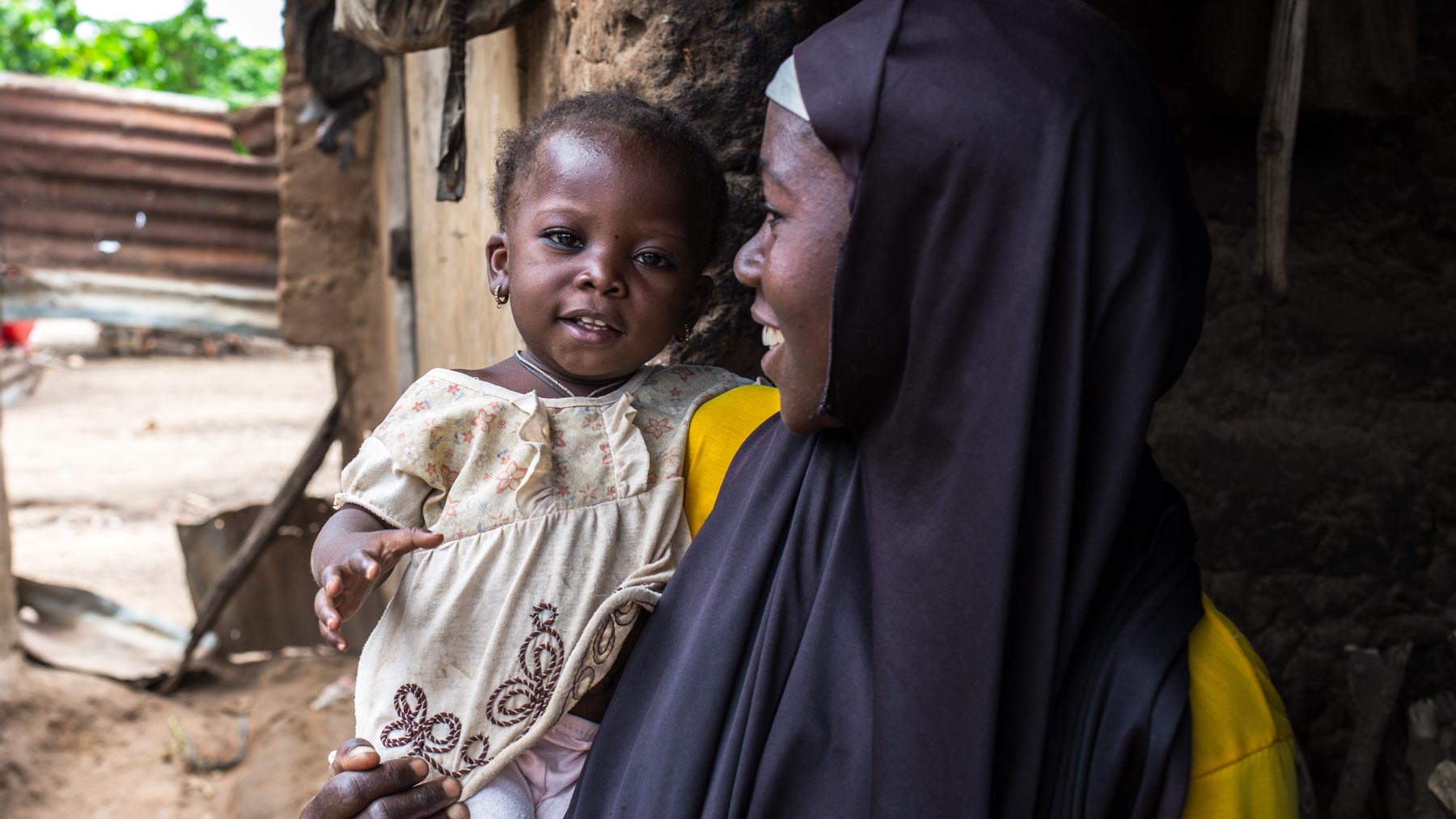NEWS
Women’s Nutrition in 2024: Poised for Impact

Globally, we have reached an inflection point for addressing the inequities in women’s health and nutrition. Worldwide, women and adolescent girls are suffering the worst consequences of malnutrition – particularly in Africa and Asia. Faced with the prospect of far-reaching and intergenerational impacts of malnutrition, national governments are taking notice and seeking cost effective, evidence-based nutrition interventions that can make a life-changing impact for women and children, and the communities and countries in which they live.
This momentum for change can turn into action and impact when new and innovative advocacy and financing mechanisms are introduced. For example, UNICEF’s Improving Maternal Nutrition Acceleration Plan, launched in March 2024, offers an opportunity for unprecedented global alignment in support of women’s health and nutrition. It aims to fast track the delivery of a package of essential antenatal care services, and—if fully funded—aims to reach 16 million pregnant women across 16 priority countries by the end of 2025.
The Acceleration Plan offers a clear roadmap, and it is now up to the global community, donors, and country governments to come together and make it a reality. “There is huge potential for impact within this plan,” said Dr. Lucy Kanya, Senior Technical Director for Africa Programs at Vitamin Angels. “If we, the global community, can fully implement the Acceleration Plan and reach 16 million women over the next two years, it will be a game changer in many ways—with benefits that extend far beyond nutrition to stronger economies and healthier future generations.”
Vitamin Angels is ready to answer the call, by continuing to strengthen health systems at scale. For example, in Nigeria and the Philippines, 2 of the plan’s 16 priority countries, Vitamin Angels has been partnering with local governments, national ministries of health, and other implementing organizations including UNICEF to deliver a package of nutrition interventions, provide capacity development support, and aid implementation research. A significant part of our work is to generate and apply contextual evidence that supports national introduction and scale-up of nutrition interventions such as multiple micronutrient supplements (MMS):
- In Nigeria, Vitamin Angels is working with the Ministry of Health and other partners such as UNICEF, as members of the nutrition technical working group and newly constituted MMS Taskforce, which supports nationally coordinated implementation research designed to ensure effective and sustainable scale-up across all 36 states. This includes working with partners to conduct implementation research to generate relevant contextual evidence on strategies that will ensure effective last mile distribution, and optimal uptake and utilization of MMS within a strengthened ANC platform. Working with UNICEF and other partners, Vitamin Angels supported advocacy efforts that led to the provisional inclusion of MMS in the country’s Essential Medicines List in Nigeria in 2022.
- In the Philippines, Vitamin Angels is working with the Department of Health (DOH) to include MMS in the National Drug Formulary – making it more widely accessible for pregnant women across the country. Through a memorandum of understanding with the DOH, Vitamin Angels has joined a group of experienced implementation partners, including UNICEF Philippines, to work on the development of a supply roadmap to sustainably procure and deliver MMS moving forward.
Luz Tagunicar, Supervising Health Program Officer at the Philippines DOH, recognized Vitamin Angels’ strong role in health systems strengthening during UNICEF’s Acceleration Plan’s launch event. She notes that, though there is still work to be done, the implementation research conducted by Vitamin Angels and partners has been instrumental in proceeding to implement MMS alongside antenatal care packages country wide. Dr. Luz Escubil, Vitamin Angels Philippines Program Manager agrees: “We are on the right track but there are critical steps to be taken to facilitate the nationwide introduction and scale up of MMS. Together, we’ve built a solid platform for sharing evidence and learnings as well as bringing together different bureaus under the Department of Health, representatives from the local governments, and other NGOs that are contributing to move the agenda forward.” She adds, “We are grateful for the Department of Health’s continued support as well as the acknowledgement of the role we strive to play in the field of maternal and child nutrition, particularly in supporting the national plan to introduce MMS.”
Vitamin Angels is committed to continued collaboration with UNICEF in the Philippines, Nigeria, and beyond, and dedicated to working alongside governments, and other implementing partners to help realize the potential of the Improving Maternal Nutrition Acceleration Plan, strengthen national health systems, and improve the lives of women and children across the world.
